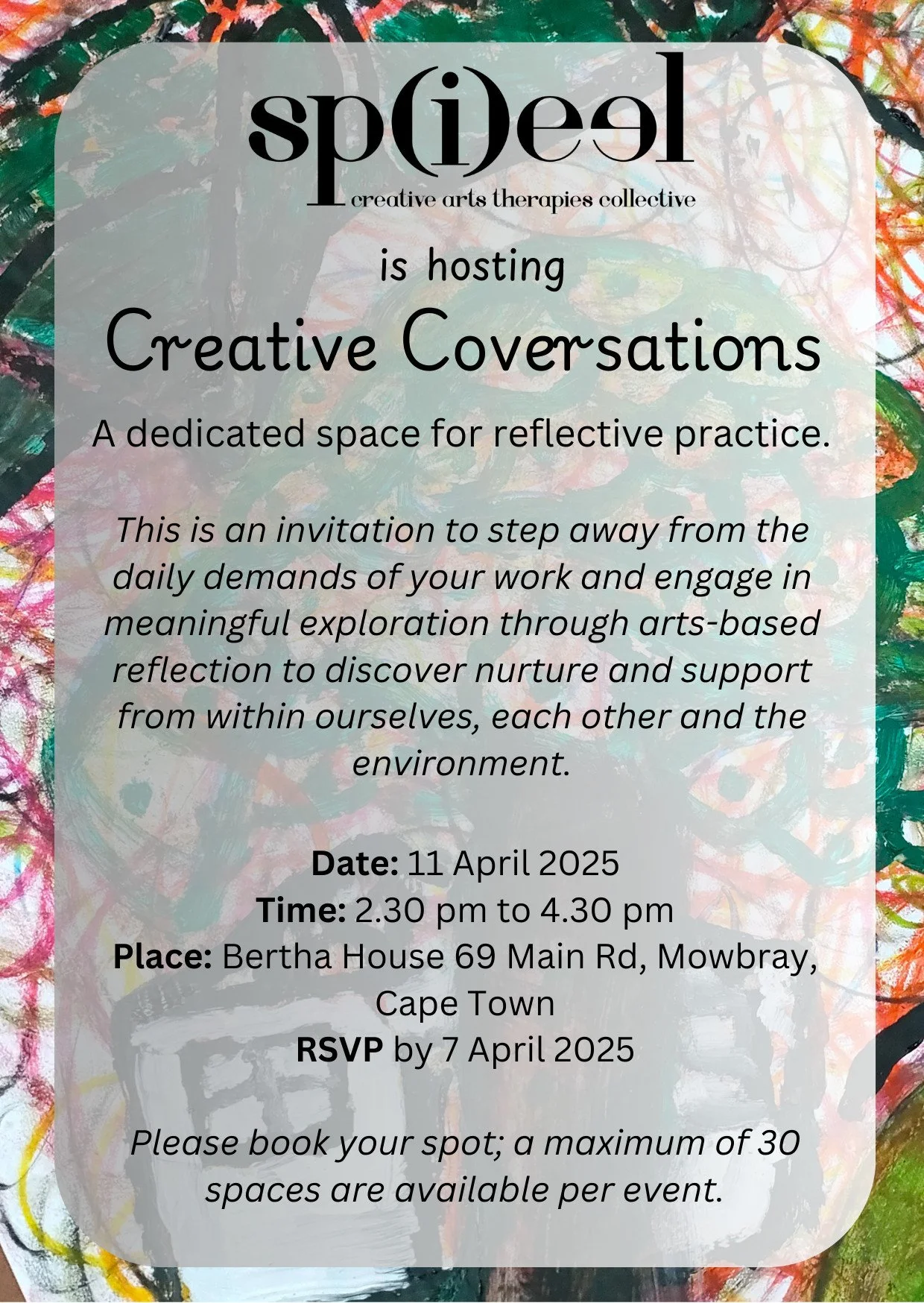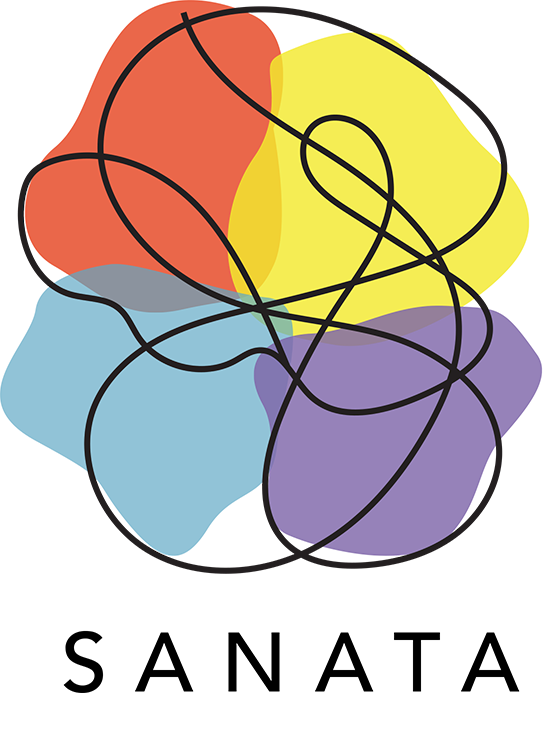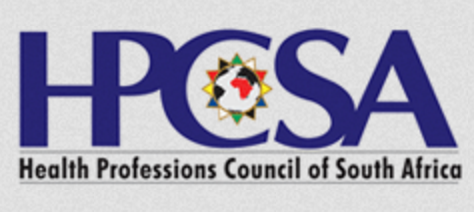Background
Our name is derived from two words that have different meanings in the Afrikaans language. This word can either mean ‘to play’ or it can mean ‘mirror’. Our logo reflects the capacity of the arts to playfully transform any set concept, like for example a word, into a symbol or metaphor which contains layered meanings. The ‘i’ in sp(i)eel has been placed in brackets to symbolize the therapeutic nature of our organisation. The therapeutic nature refers to always holding the individual and his/her well-being at the core of our work.
To ‘play and mirror’ refers to the function of the arts as a mirror to society for expression, reflection and understanding. It also speaks to the therapeutic aspect of art therapies, where an art form is applied as a mirror to Self for exploration and understanding. Furthermore, it is through the playful nature of the arts that human beings connect with their innate creativity.
In South Africa, access to therapeutic arts programmes is limited and not accessible to everyone. We aim to enable accessibility to the intentional use of various art forms to further have a positive impact on general health, well-being, development and transformation for all.
Our Vision
To co-create community models of mental healthcare and wellbeing that impacts on social change.
Our Mission
We collaborate with people and organizations to develop and implement arts-based psychosocial and mental health programmes that addresses trauma and builds collective resilience.
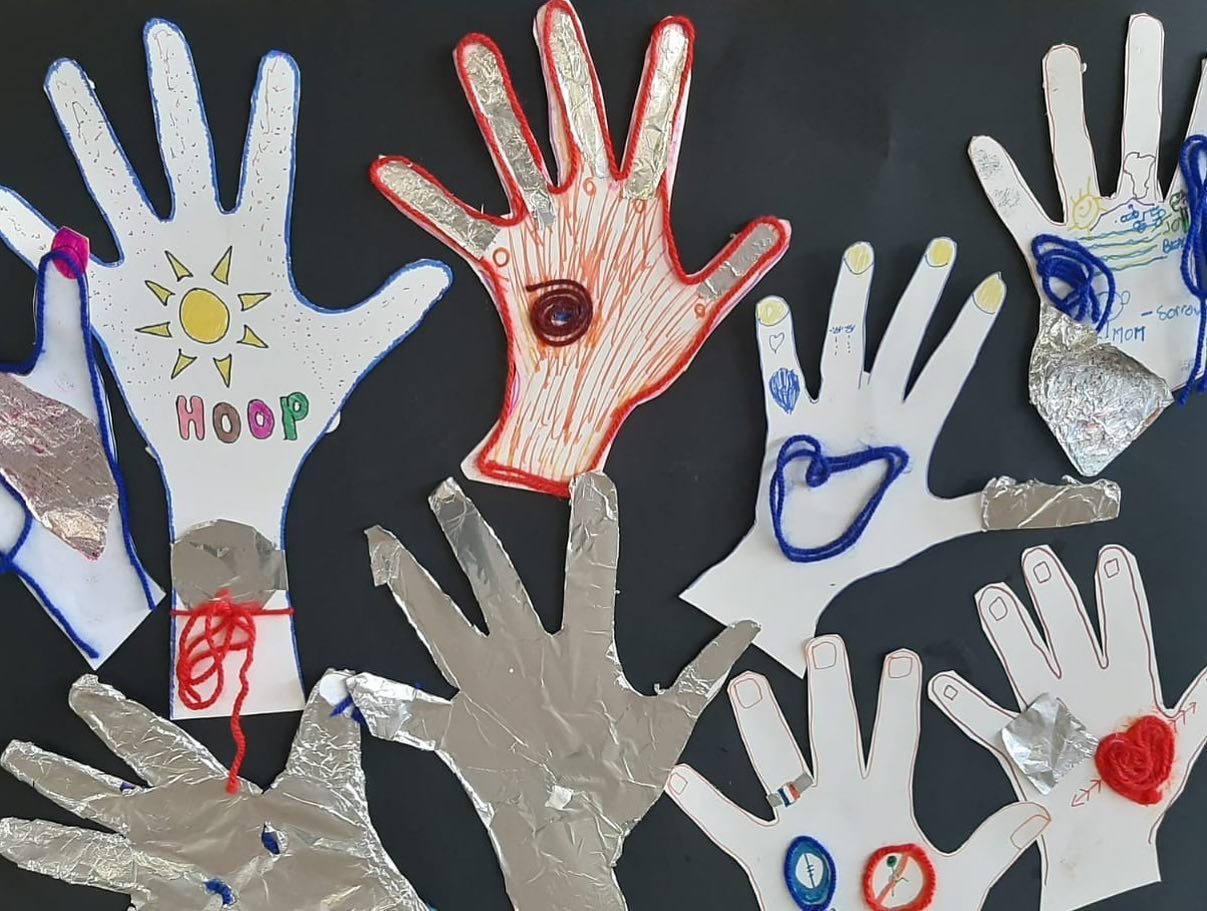
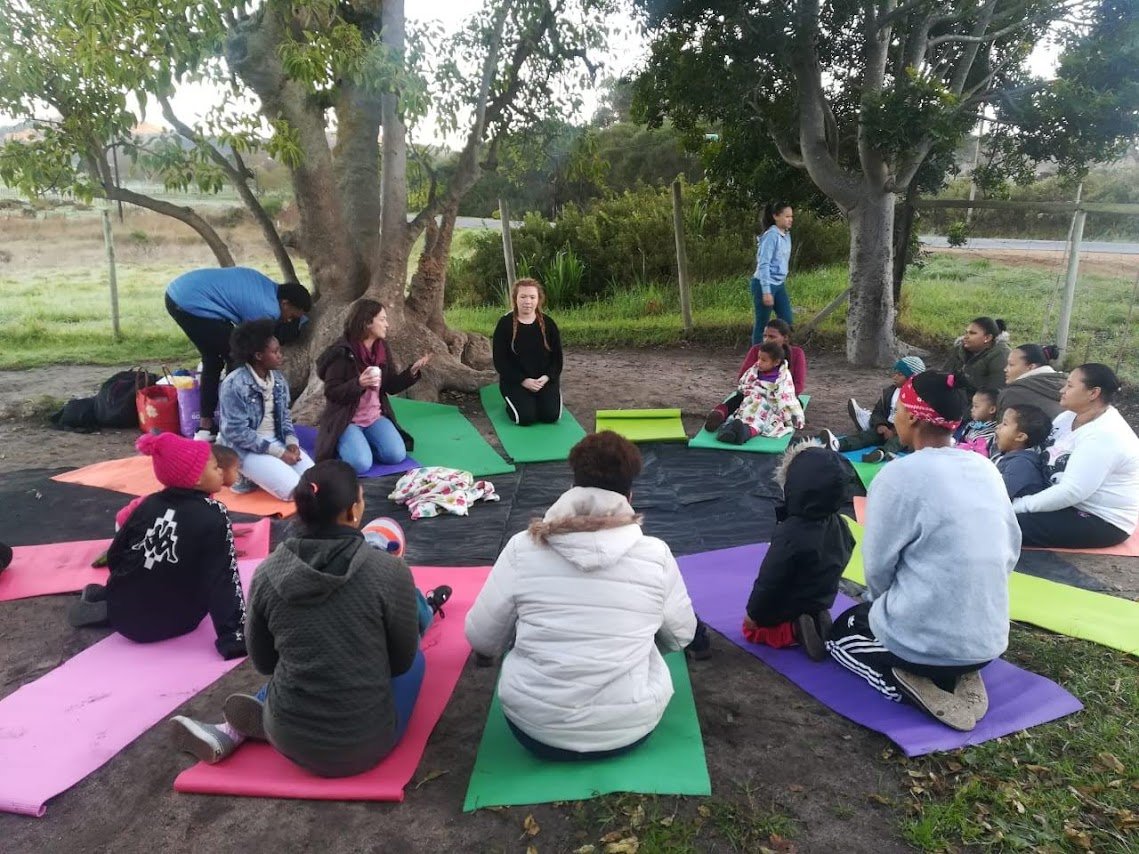


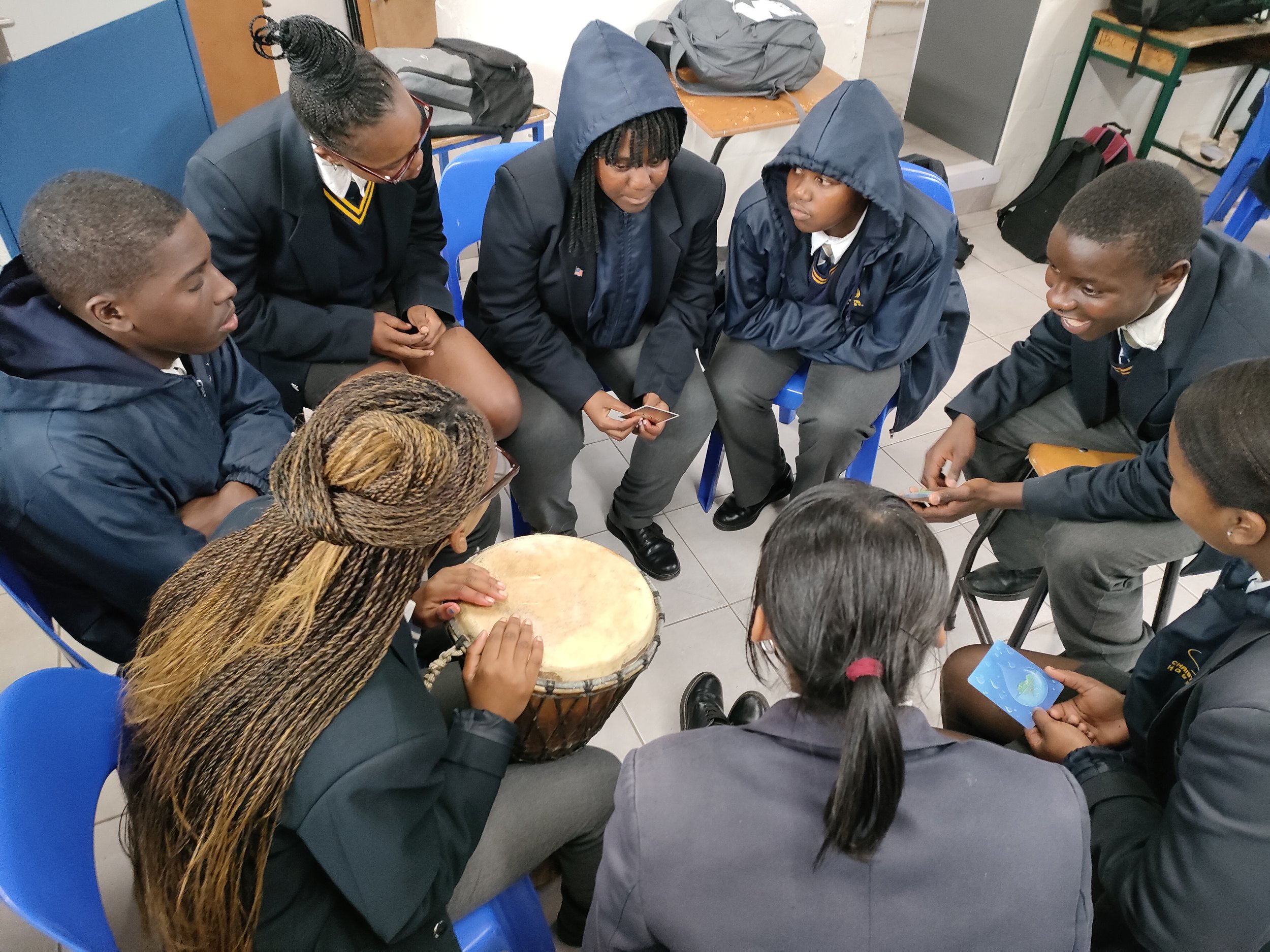
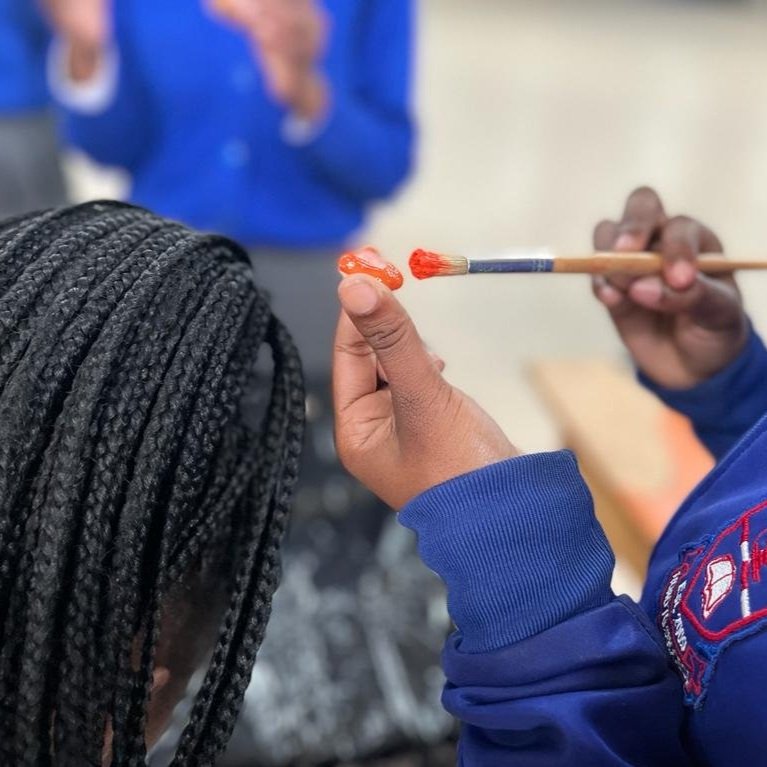
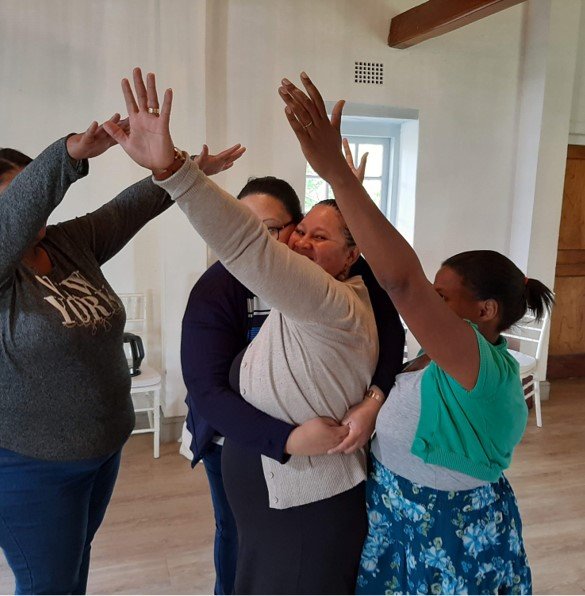
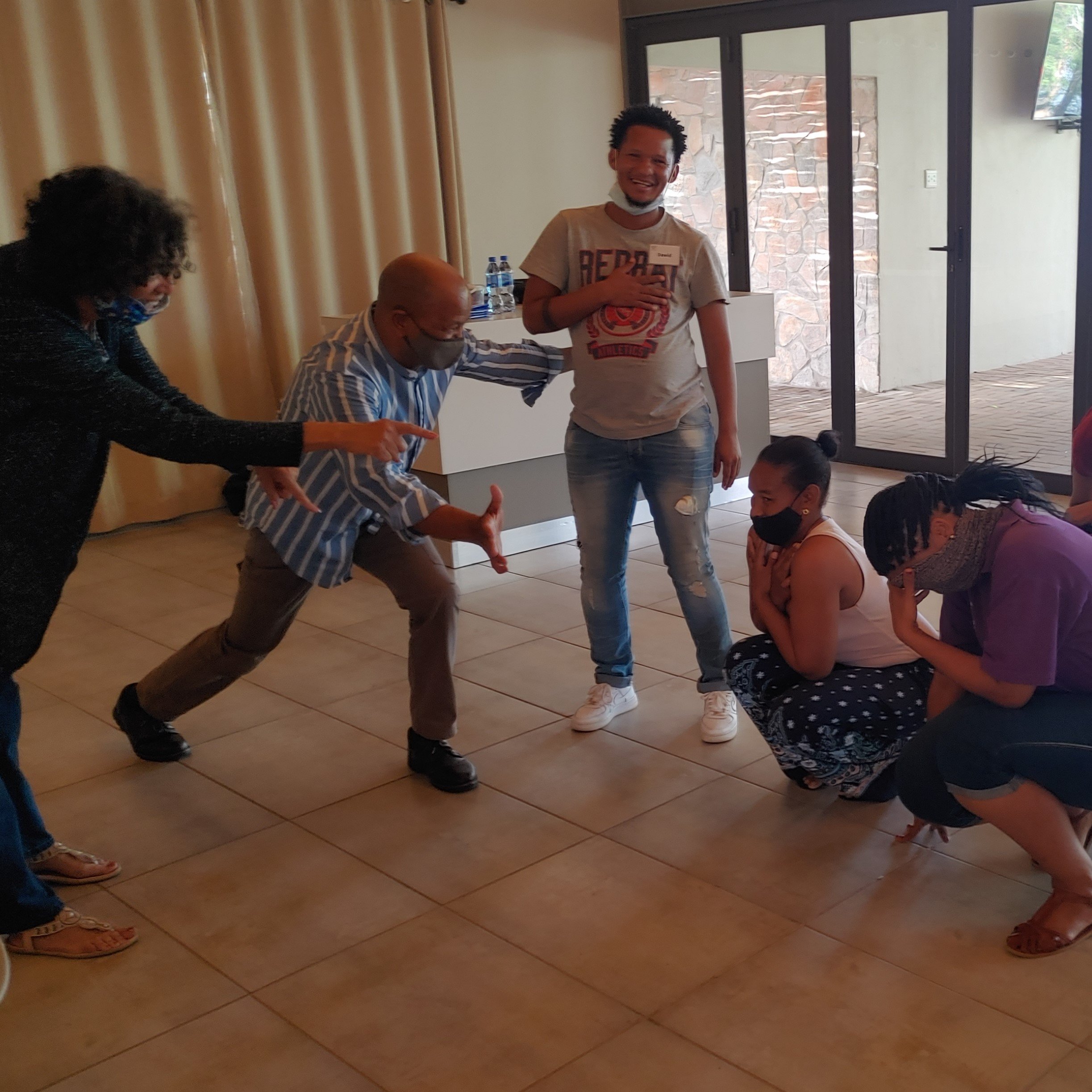
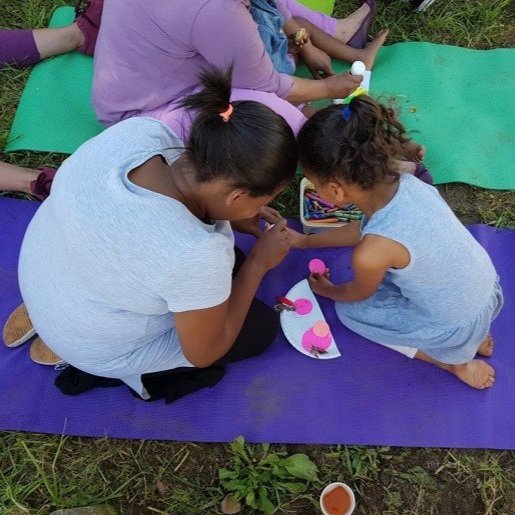
Beyond Crisis Seminar Series 2
Inclusivity, and Nature: Eco Arts-Based Practices and the Environment, hosted by Brunel University in partnership with CNWL NHS Trust
Published: 2023-12-07
“Arts-based psychosocial practices, including arts therapies, offer a unique approach to working with health change. They enable us to connect with the qualities of things, cultivating a deep awareness of our role within intricate ecological assemblages. The arts unveil the inseparability of nature and culture, revealing our place within a dynamic corporality. Eco-arts therapies, viewed from this perspective, decentres human experience, reassembling the boundaries between human and the non-human. This perspective challenges our anthropocentric worldview, motioning us to engage with other lives, other times, and other worlds. Embracing nature in this manner entails venturing into unfamiliar places, broadening our consciousness, fostering compassion, affection, and deepening our appreciation. However, such changes in action and mindset are mobilised within complex contexts.” - Dominik Havsteen-Franklin
The medicine in the circle: A case example of embodied arts-based community practice to address intergenerational trauma in rural South Africa
Published: 2024-12-07
This article shares extracts from an arts-based community model of mental healthcare that works with family and social systems to develop collective resilience and address intergenerational trauma in a culturally informed manner. The practice is situated in an African philosophy of collectivism, where the group is a resource and source of support. It invites arts therapists to engage with psychological practices outside of an individualistic focus with a practical approach to considering the ecosystem which influences health and well-being. Theories such as embodiment and polyvagal theory, community and collective resilience and intergenerational trauma are explored and translated to practise with an example of implementation in a remote farming community in the Western Cape of South Africa. The authors focus on practice elements derived from Dramatherapy and Applied Drama, which highlights embodied practices as they are applied to address intergenerational trauma and develop collective resilience.
Families and Collective Futures
We are addressing intergenerational and complex trauma by building circles of support around our children and youth. The mental health crisis that our society is facing is a systemic issue, not an individual one, and it needs a collective response. We advocate for a psychosocial approach to mental health that is situated in an African cosmology and which is relevant and accessible to all South Africans.
Families and Collective Futures is a resilience-focused, trauma-informed program that applies the arts and creativity to build psychosocial support systems. These systems are created through research, training and the implementation of arts-based groups for children and their social circles.
Our ultimate impact goal is collective resilience, the ability to flock together and the understanding that communities can be our greatest resources and sources of psychosocial support.
Our logic model for this program is the result of extensive research done in collaboration with Brunel University. The full, published research article can be viewed below.
Families and Collective Futures Research Overview





